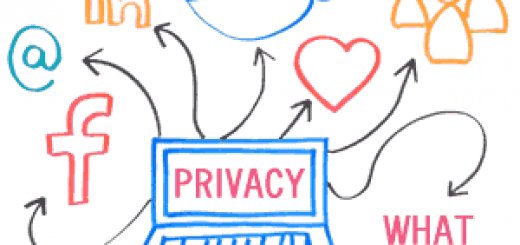Helping Online Friends
Although social media as an effect on how we don’t communicate as frequently face-to-face and in real life, this doesn’t mean that friendships are dwindling. The Internet has made the world feel smaller, and in just seconds, you can meet peers around the world who share interests or have the same concerns that you do, and the more you talk, the more you realize that you may have more in common and that they can be a great means of support.
Safety is a top priority, and it’s still important to remember to be cautious when talking to those that you don’t know online. Once that trust is obtained and you know that the person is who they say they are, friendships online can be really valuable. A report in 2015 showed that 57% of adolescents have made at least one friendship online, and as recently as last year, consider online forums and groups as an important part of their social lives.
Even though it’s difficult, if not impossible, to meet them face-to-face, online friendships are still relationships, possibly even more important to some people if their lives at home aren’t under the best conditions. Friendships online provide a layer of confidentiality, but they can also be harder to interpret, since most of the communication is done over text.
The communication with online friendships is a double-edged sword when it comes to talking about mental health in particular. On one hand, it can help people have a space where they can be completely open and prevent the bursts that can happen when you bottle up your emotions. On the other hand, adolescents with depression may feel that when online friends oversharing can be irritating, or even triggering.
At the end of the day though, a lot of people have a strong desire to help others, especially those that they are close to and care about, and especially when the content being posted is concerning.
There are ways of trying to start a conversation with someone you know and are concerned about, but they may feel more appropriate to do face-to-face. It’s still possible to reach out to those you don’t see face-to-face, but are still really concerned about, even if you can’t physically be there. There are a list of suggestions about how to do this online, which includes not to worry about intervening or “invading,” addressing the person privately over a DM, and if you’re really concerned, report the post to the social media site (places like Twitter and Facebook have options where you can report content out of concern that the person is in danger).
Friendships and relationships can be found anywhere, and you should never feel guilty if the people you love and care about seem like they’re in danger and you want to reach out and see if they’re okay. That being said, you also have to do what’s safest for you too, and if you don’t want to overburden yourself or feel like you have to take on all the responsibility for them. Ultimately, communication and self-reflection are key.
Do you have friends that you’ve made online? How are they different than the ones that you know from those in real life? Have you ever reached out to them if they were struggling with something? How did you notice and what did you do?







Recent Comments